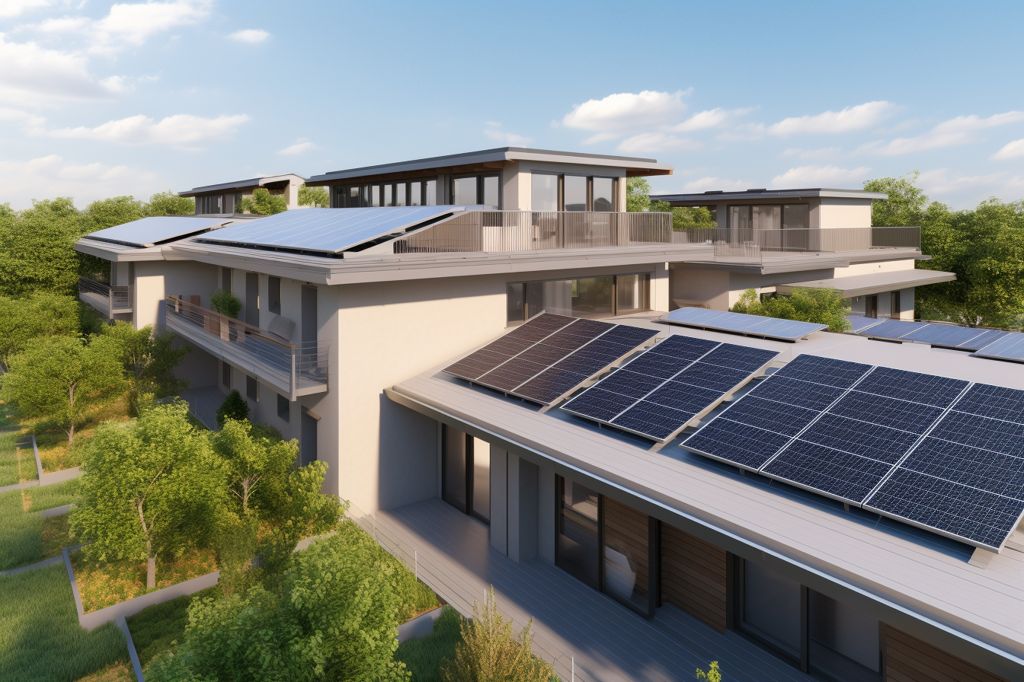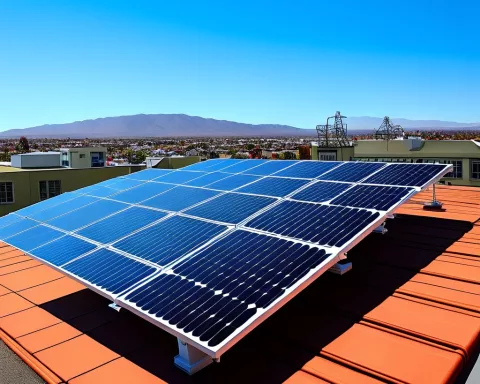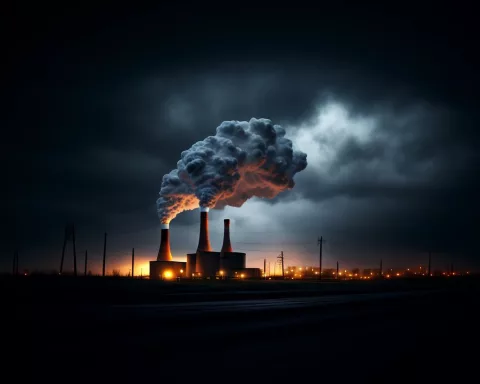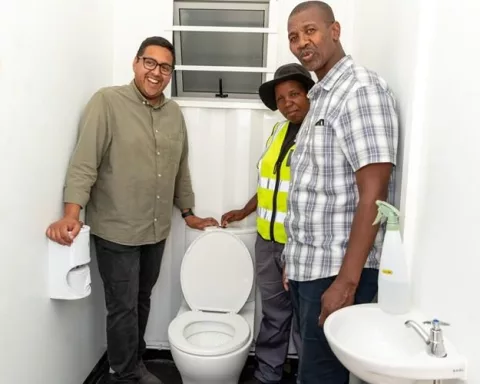The current energy crisis in South Africa has forced citizens to consider alternative energy sources to minimize the impact of power outages on their daily lives. In response to this issue, Western Cape Premier Alan Winde proposed incentivizing solar energy installations for both homeowners and businesses during the 10th Energy Digicon.
Incentivizing Solar Energy Installations
Premier Winde emphasized the importance of transitioning to alternative energy sources as a way to lessen the load shedding burden on citizens. The government is offering tax breaks for solar energy system installations until early next year to support the shift towards solar power. However, Premier Winde believes that expanding the range of energy-producing and saving products eligible for rebates, such as LED bulbs, ripple control geysers, and LPG gas for stoves, is necessary. Also, the tax break incentive for households must increase from R15,000 to R40,000.
Financial Options for Homeowners
Sales manager at bond originator BetterBonds, Colin Strumpher, discussed various financial options available for homeowners interested in investing in solar power solutions during the Digicon. Strumpher pointed out that some banks view solar energy systems as adding value to properties, which further encourages homeowners to make the transition to solar power.
Western Cape Government’s Progress
Premier Winde updated the attendees on the Western Cape Government’s (WCG) progress in enabling several towns in the province to end or ease load shedding. He revealed that the WCG will soon approach municipalities to inquire about their ability to implement measures that meet specific criteria to become load shedding-free within the next 10 to 14 days.
Contributing to a Sustainable Solution
Premier Winde urges those who can afford it to install solar systems and contribute to a sustainable solution. With government incentives, financial options, and growing awareness of alternative energy sources, South Africans have a viable path to navigate through the power crisis, particularly as winter approaches.
As South Africans continue to face the energy crisis and the impact of load shedding, exploring alternative energy sources is essential to reduce the burden on citizens. Premier Winde’s proposal of incentivizing solar energy installations for homeowners and businesses, along with the government’s support through tax breaks and encouraging financial options, emphasizes the importance of investing in solar energy systems. The progress made by the Western Cape Government in enabling towns to end or ease load shedding demonstrates ongoing efforts to find sustainable solutions to the energy crisis. By installing solar systems and utilizing alternative energy sources, South Africans can contribute to a sustainable solution and navigate through the power crisis.












